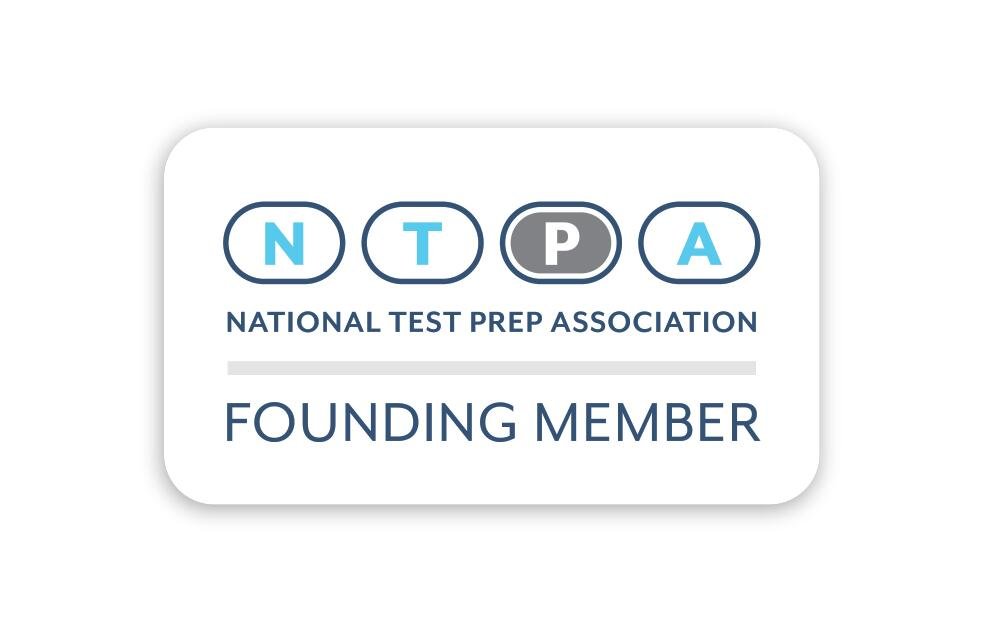Are You Having Trouble Choosing a College to Accept?
/Choosing the right college is a significant milestone in every student's life. With thousands of options available, the decision can feel overwhelming. However, with careful consideration and research, you can find the perfect fit for your academic, personal, and career goals. Here are some essential steps to help you navigate through the college decision process:
Identify Your Priorities
Take some time to reflect on what matters most to you in college. Consider factors such as location, size, academic programs, campus culture, extracurricular activities, and financial aid opportunities. Understanding your priorities will guide you in narrowing down your options.
Research Potential Colleges
Start by researching colleges that align with your priorities. Utilize online resources, college websites, guidebooks, and college fairs to gather information about different institutions. Pay attention to details like acceptance rates, graduation rates, faculty-to-student ratio, and available resources.
Visit Campuses
Whenever possible, visit the campuses of your top-choice colleges. Campus visits provide valuable insights into the college environment, facilities, and community. Attend campus tours, sit in on classes, talk to current students and faculty members, and explore the surrounding area to get a feel for whether you can picture yourself living and studying there.
Consider Academic Programs
Evaluate the academic programs offered by each college. Look for schools that excel in your intended major or field of interest. Consider the availability of research opportunities, internships, study abroad programs, and other academic resources that can enhance your learning experience.
Evaluate Financial Aid Options
College can be expensive, so it's crucial to consider the financial aspect of your decision. Look into scholarship opportunities, grants, work-study programs, and the availability of need-based and merit-based aid at each college. Compare tuition costs and consider the long-term implications of student loans.
Assess Campus Culture and Diversity
Consider the campus culture and diversity of each college. Think about whether you prefer a large university with a bustling campus life or a smaller college with a tight-knit community. Pay attention to factors such as diversity, inclusivity, and opportunities for involvement in student organizations and activities.
Think About Location
Consider the location of each college and how it aligns with your preferences and lifestyle. Think about factors such as climate, proximity to home, urban vs. rural settings, and available recreational and cultural opportunities. Choose a location where you feel comfortable and can thrive both academically and personally.
Trust Your Instincts
Ultimately, trust your instincts when making the final decision. Listen to your gut feeling about which college feels like the right fit for you. Remember that there is no one-size-fits-all approach to choosing a college, and what works for someone else may not be the best choice for you.
Seek Guidance
Don't hesitate to seek guidance from parents, teachers, counselors, and other trusted adults throughout the decision-making process. They can offer valuable insights, advice, and support as you navigate this important decision.
Keep an Open Mind
Be willing to explore new opportunities and consider colleges that may not have initially been on your radar. You may be surprised by what you discover and find the perfect college match in unexpected places.
Choosing the right college is a significant decision, but with careful consideration and research, you can find a college that aligns with your goals and aspirations. Trust yourself, stay organized, and remember that this is an exciting time in your life full of new possibilities and opportunities for growth.

